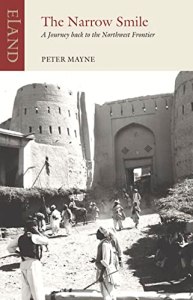3.5 out of 5 stars
The publisher provided a copy of this, free of charge, in return for an honest review.
The completion of the Ledra Palace Hotel was the moment that Cyprus felt that it had joined the modern world. But this was early in the 1050s and the peaceful island life they had enjoyed up until now was about to change forever.
It begins with a King. A mere King of the once magnificent country, Egypt. He has booked an entire floor at the hotel so he can contemplate his troubles in relative peace. He heads down to the bar and asks the barman to make him a drink that doesn’t look alcoholic. The barman makes him a brandy sour. It is a sweet and sour drink that fits his mood perfectly.
There is a sherbet for a young lady, a photographer chooses a beer, Jasmin tea for a poet and the maitre’d of the hotel chooses a coffee. The guerrilla fighter selects a VSOP brandy and this is the first hint in the book that this is also an account of the conflict played out on this Mediterranean island that would split it in two and cause untold suffering and misery for the population.
This is a subtle book that reveals the horrors of strife and conflict. Each chapter has a person at its heart and they select a drink that is suited to their particular circumstances.
I liked the way that the book dealt with this. What starts of as an idyllic place slowly descends into strife, the desires of the characters and the drinks that they choose change. The life they once had has gone and their despondency as life crashes down around them is evident from the prose. It shows how quickly that the life that you know can unravel with conflict. Well worth reading.

















Recent Comments